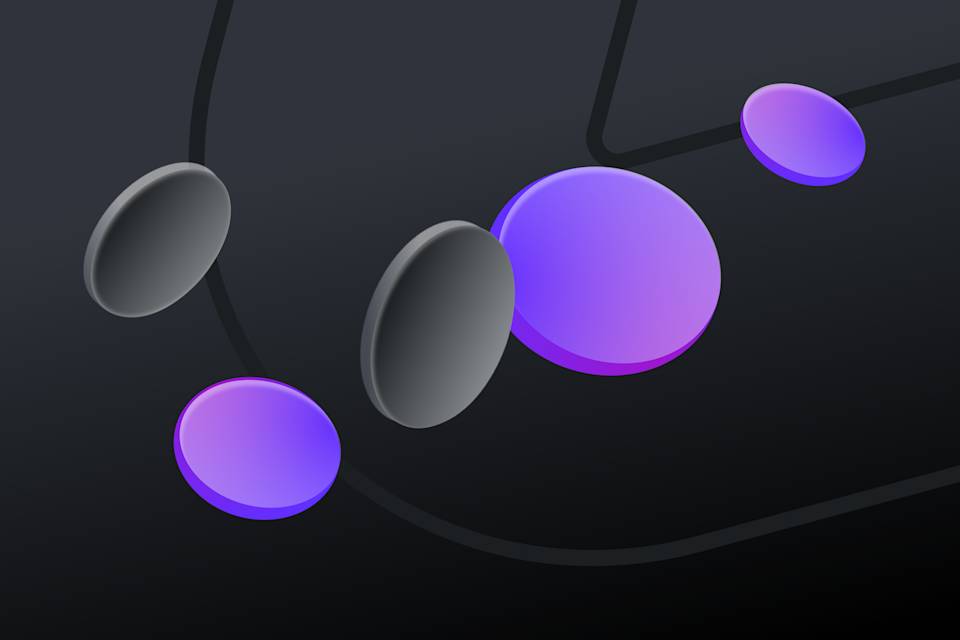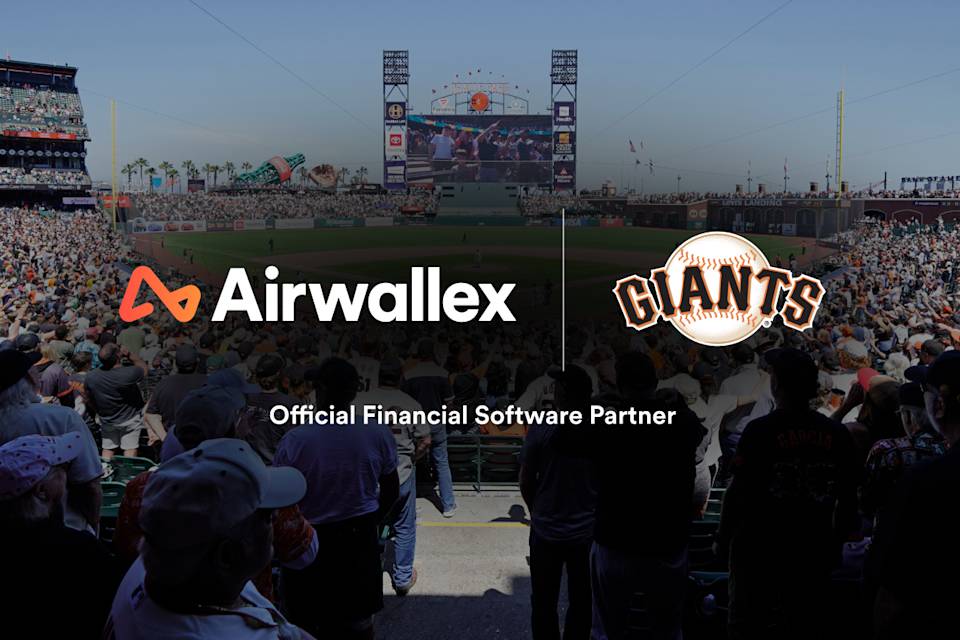A new standard in payments is coming, and it’s due to happen this year: ISO 20022. This international standard for financial messages is more than just a technical update – it's about making payments work better together and improving the quality of information, which will lead to smoother and safer payment processes for businesses.
With many financial transactions requiring ISO 20022 compliance by November 2025, those who prepare early stand to gain the most. From reducing errors and streamlining fraud detection to simplifying cross-border payments, understanding what ISO 20022 is and how it will impact your business is essential for ensuring smooth payments in the future. Read on to learn what you need to know to successfully navigate this change.
What is ISO 20022?
ISO 20022 is a global standard for exchanging financial messages, particularly in the payments industry. It provides a common language and structure for financial institutions to communicate with each other, enabling more efficient, secure, and transparent transactions. Unlike the current technology, which often relies on proprietary formats and messaging standards, ISO 20022 offers a unified framework that supports richer data and more complex transactions.
Swift’s adoption of ISO 20022 represents a significant upgrade from current payment technologies in several ways. Firstly, it allows for more detailed and structured data to be exchanged, reducing errors and improving the speed of transactions. ISO 20022 also supports enhanced anti-money laundering (AML) and know-your-customer (KYC) checks by enabling the inclusion of more comprehensive information about transactions. The standard also enables different financial systems and institutions to work together more easily, paving the way for more seamless and integrated global payment networks.
Key benefits of ISO 20022 for businesses
The introduction of ISO 20022 brings numerous benefits to businesses, including improved transaction efficiency, enhanced data quality, increased transparency, better compliance and future-proofing for future innovations.
Improved transaction efficiency. ISO 20022 enables faster and more accurate processing of payments by providing a standardised format for data exchange.
Enhanced data quality. The new standard allows for richer and more structured data, reducing errors and improving the overall quality of transactions.
Increased transparency. ISO 20022 facilitates greater visibility into payment processes, enabling businesses like yours to track transactions more effectively.
Better compliance. The standard supports enhanced AML and KYC checks, helping businesses to meet regulatory requirements more effectively.
Greater interoperability. ISO 20022 promotes seamless communication between different financial systems and institutions, reducing barriers to global trade and commerce.
Future-proofing for innovation. By adopting ISO 20022, you can future-proof your business for future innovations and developments in the payments landscape.
By adopting ISO 20022, businesses in the global payments space can reap these benefits and stay ahead in an increasingly competitive and rapidly evolving market.
How will ISO 20022 benefit your business?
There are several benefits of moving to the new ISO 20022 standard. The US Faster Payments Council (FPC), a member-based organisation, released a report in August 2025 in partnership with Mastercard to highlight the advantages of the new payments standard.
“Across the use cases presented in this report, a common theme emerges. ISO 20022 is much more than a messaging standard; it is a strategic enabler of payments innovation,"
Jonathan Holland, Vice President, Account Management at Mastercard and Vice Chair of the Cross-Border Payments Work Group.
One of the three use cases in the report was for tourists and retail transactions. The report details how ISO 20022 improves cross-border transactions for global travellers and local vendors. By utilising ISO 20022, global travellers can enjoy a more seamless and secure payment experience when making purchases abroad, thanks to improved transparency and efficiency of foreign exchange transactions, enhanced fraud prevention, and reduced transaction errors. Local vendors also benefit from increased acceptance of various payment methods and reduced dependency on cash or costly card networks, ultimately boosting local economies.
What is the rollout timeline for ISO 20022?
The rollout of ISO 20022 is a significant undertaking, with several key milestones already achieved. The next significant phase of the rollout is in November 2025.
Previous rollouts
The initial rollout began in March 2023 with the introduction of new guidelines for certain financial messages. This was followed by subsequent updates in November 2023 and November 2024.
Current rollout: November 2025
The current rollout is focused on completing the transition to ISO 20022 by November 2025. Key aspects of this rollout include:
New guidelines for certain financial messages will be released.
Changes to how addresses are formatted will be introduced, with a one-year transition period.
The end of the period allowing both old and new message formats, making it essential for financial institutions to adopt the new ISO 20022 format.
Post-November 2025 developments
Following November 2025, further changes are planned, including:
The requirement to use structured or hybrid addresses, rather than unstructured ones, from November 2026.
By understanding this rollout timeline, financial institutions can better prepare for the transition to ISO 20022 and ensure they're compliant with the new standards.
How to prepare your business for ISO 20022
To ensure a smooth transition to ISO 20022, business leaders and CFOs can take the following steps:
Assess your current systems. Evaluate your organisation's current payment systems, processes, and messaging formats to identify areas that need to be updated or modified to support ISO 20022.
Develop a migration plan. Create a comprehensive plan outlining the steps necessary to migrate to ISO 20022, including timelines, budgets, and resource allocation.
Train your team. Provide training to relevant staff members on the new ISO 20022 standards, highlighting the benefits and changes associated with the transition.
Test and validate. Conduct thorough testing and validation of your systems to ensure they are compatible with ISO 20022 and can handle the new messaging format.
Monitor industry developments. Stay informed about the latest developments and updates related to ISO 20022, including new guidelines, best practices, and regulatory requirements.
By taking these steps, businesses can proactively prepare for the ISO 20022 transition, minimising potential disruptions and ensuring a seamless adoption of the new standard.
Alternatives to traditional payment methods
As we've explored, ISO 20022 is a powerful tool for modernising business payments, offering enhanced efficiency, transparency, and compliance. However, it's crucial for businesses to explore alternatives to traditional payment methods to find the best fit for their needs. Fintech companies like Airwallex are at the forefront of this innovation, providing modern, flexible, and efficient payment solutions that can seamlessly integrate with the ISO 20022 standard.
Airwallex's product offering is particularly noteworthy, with features such as:
Fast transfers leveraging local rails. Over 120 countries leverage local payment rails, and approximately 95% of our transactions arrive within a few hours or on the same day.
Save on FX costs. Trade over 60 currencies at interbank rates and save up to 80% on FX rates.
Bank like a local. Open accounts with local bank details in 60+ countries and issue multi-currency cards in over 40 markets.
Real-time tracking. Providing visibility into payment flows and enhancing cash flow management.
By leveraging solutions like Airwallex, businesses can not only comply with the evolving ISO 20022 standards but also gain a competitive edge through improved payment efficiency and reduced costs. As the payments landscape continues to evolve, it's essential for businesses to stay ahead of the curve.
To discover how Airwallex can help your business thrive in the era of ISO 20022, explore our innovative payment solutions.
Frequently asked questions
Will ISO 20022 be mandatory?
Financial institutions are required to adopt the new ISO 20022 payments standard in November 2025.
What are the main benefits of adopting ISO 20022 for businesses?
There are several benefits for businesses by adopting ISO 20022. These include enhanced reconciliation due to structured remittance information, and better working capital management through improved payment flow forecasting. ISO 20022 also facilitates On Behalf Of (OBO) payments by providing specific fields for party identification, which helps in delivering virtual account services. Overall, these advantages contribute to improved financial management and operational efficiency.
Will ISO 20022 help reduce payment fraud or errors?
ISO 20022 can help reduce payment fraud and errors by providing richer and more structured data, enabling better validation and verification of transactions. The standard's enhanced data quality and additional fields for party identification can improve the accuracy of payments and reduce the risk of errors. This, in turn, can lead to a more secure and reliable payment processing environment.
Sources
Posted in:
Transfers


